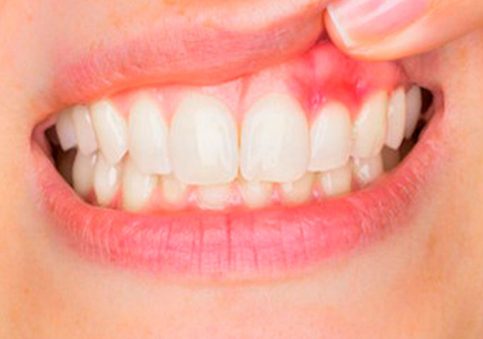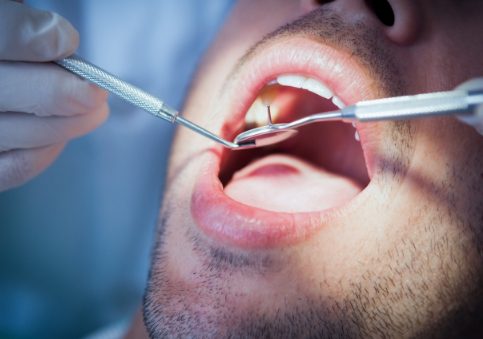Oral Hygiene in Barrow in Furness
Healthy Gums. Confident Smile. Happier You



Why Oral Hygiene Matters
- Prevent painful problems before they start
- Save money before they start
- Enjoy fresher breath and a confident, bright smile
- Support your overall well-being, not just your teeth
Our Hygiene Services
We provide everything you need to maintain a healthy, confident smile, all under one roof.
-
Gentle, Deep Cleanings
Comfortable, thorough cleanings to remove stubborn plaque and tartar. -
Tailored Home Care Guidance
Personalised tips on brushing, flossing, and products that work for you. -
Early Gum Disease Prevention
Spot and treat issues early, before they become painful or costly. -
Smile-Polishing Treatments
Smooth, shiny teeth that look and feel their very best.
Why Choose Barrow Dental Aesthetics & Implant Clinic
-
Experienced, Caring Professionals
Comfortable, thorough cleanings to remove stubborn plaque and tartar. -
Modern, Comfortable Setting
State-of-the-art technology in a calm, welcoming environment. -
Convenient Location
Easy to reach at 4 Hartington St, right in the heart of Barrow-in-Furness. -
NHS & Private Care Available
Quality treatment that fits your needs and your budget.
Start your journey
Get an online consultation or visit our clinics.
Call us now
Let's discuss your needs and book you in.
Clinic Address
4 HARTINGTON ST. BARROW-IN- FURNESS. LA14 5SL
Have a question?
Speak with Our Expert Clinicians!
Book an Oral Hygiene Dentist Appointment!
Frequently Asked Questions
The golden rule for oral hygiene is to brush twice a day and floss at least once a day. This helps remove plaque and food particles, preventing tooth decay and gum disease.
Oral hygiene is vital for the elderly to maintain overall health and quality of life. As we age, the risk of oral health problems like gum disease and tooth loss increases, which can affect speaking and eating abilities.
What are 3 good oral hygiene practices?
Three key practices for good oral hygiene include:
1. Brushing twice daily with fluoride toothpaste
2. Flossing daily to remove plaque and food particles between teeth.
3. Visiting the dentist regularly for check-ups and professional cleanings
Replace your toothbrush every 3 to 4 months or sooner if the bristles are frayed. A worn-out toothbrush may not clean effectively and can harbour bacteria, leading to potential oral health issues.
No, mouthwash cannot replace brushing and flossing. While mouthwash helps freshen breath and kill bacteria, it doesn’t remove plaque and food particles. Use mouthwash as an addition to, not a replacement for, brushing and flossing.
Bleeding gums may indicate gum disease or gingivitis. Brush gently with a soft-bristled toothbrush and floss daily. If bleeding persists, consult a dentist for a professional evaluation and appropriate treatment.